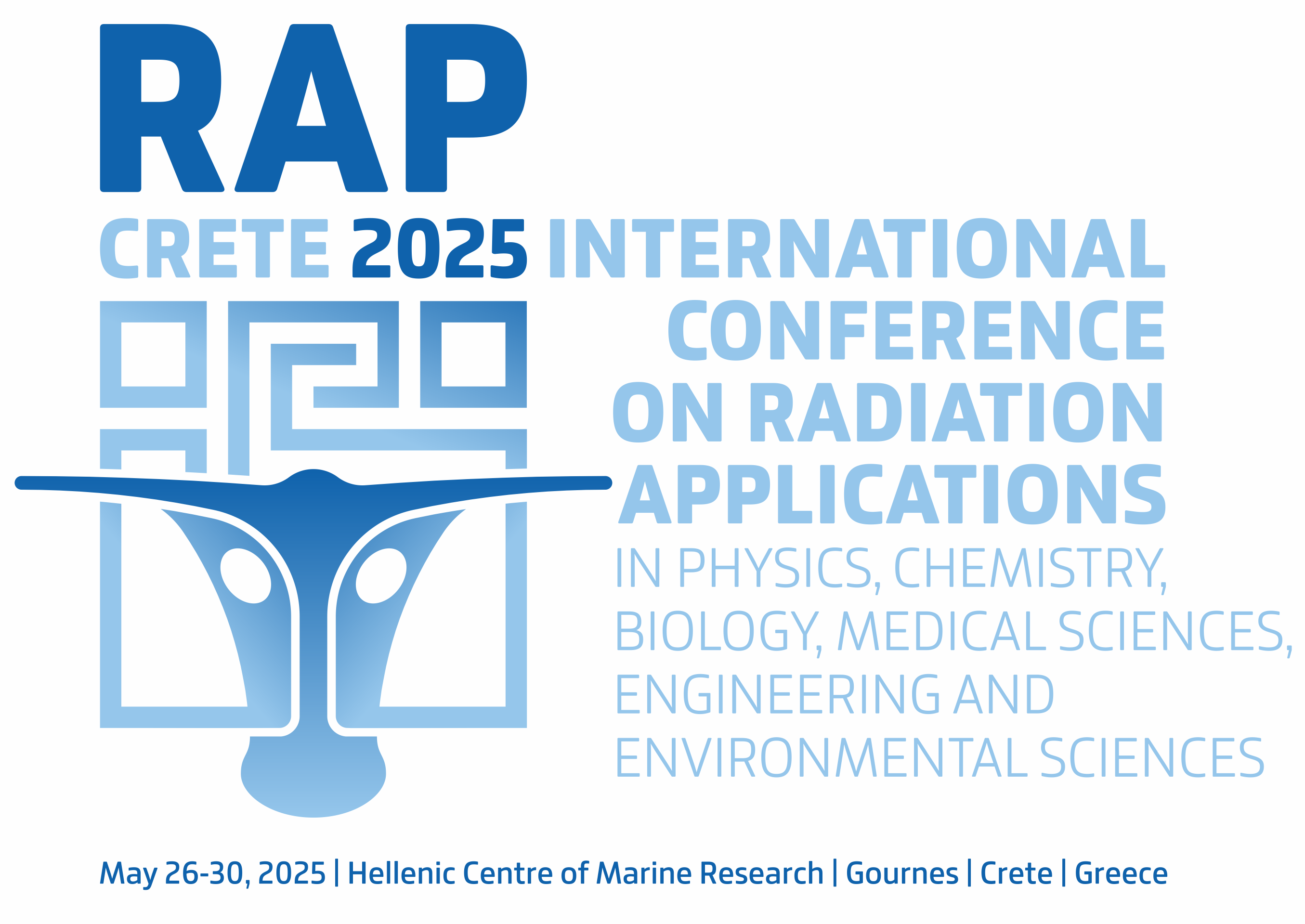Vol. 8, 2023
Radiation Measurements
EVALUATION OF PROFICIENCY TEST RESULTS OF GAMMA RAY SPECTROMETRY IN DETERMINATION OF ANTHROPOGENIC AND NATURAL RADIONUCLIDES
Manjola Shyti, Erjon Spahiu
Pages: 121-124
DOI: 10.37392/RapProc.2023.25
Abstract | References | Full Text (PDF)
This paper aims to evaluate the performance of gamma-ray spectrometry in
the Institute of Applied Nuclear Physics (IANP), Albania using Proficiency
Tests (PTs). Participation in different proficiency tests is an essential
tool for the improvement and testing of High Purity Germanium detector
(HPGe) performance. The gamma - ray spectrometry laboratory in the last
years has participated in different worldwide open proficiency tests
organized by International Atomic Energy Agency (IAEA) with satisfactory
results. For this paper, we selected the proficiency test organized by the
IAEA in 2020 due to the analytical challenge of recognizing radioactive
disequilibrium and applying appropriate decay corrections, especially for
ingrowing radionuclides of broken natural decay series. The PTs of gamma-ray
spectrometry measurements are carried out to improve the laboratory’s
ability to measure the radioactivity in the environment and foodstuffs at
typical routine levels. The activity concentration of the test samples and
the evaluation of the associated uncertainties are the main requirements of
the test results. This PT was focused on the determination of anthropogenic
and natural radionuclides in water, fish, and simulated aerosol filter
samples. For this proficiency test, the Laboratory Sourceless Calibration
Software (LabSOCS) is used for simulating the absolute efficiency curve.
This paper presents the results and discusses the quality of the gamma
spectrometry measurements performed in the IANP. The overall performance
evaluation showed that 100 % of all reported results have been acceptable.
Thus, the gamma-ray spectrometry using an HPGe detector showed high
performance in the determination of anthropogenic and natural radionuclides
in water, fish and simulated aerosol filter samples.
- General requirements for the competence of reference material producers , ISO Guide 34:2000, Feb. 2000.
-
Measurement of Radionuclides in Food and the Environment: A Guidebook
, Tech. Rep. Ser. no. 295, IAEA, Vienna, Austria, 1989.
Retrieved from: https://www-pub.iaea.org/MTCD/Publications/PDF/trs295_web.pdf
Retrieved on: Apr. 2, 2023 -
A. V. Harms, S. M. Jerome, “On the integrated decay and ingrowth equations
used in the measurement of radioactive decay families: the general
solution,” Appl. Radiat. Isot., vol. 61, no. 2 – 3, pp. 367 – 372,
Aug.-Sep. 2004.
DOI: 10.1016/j.apradiso.2004.03.058
PMid: 15177373 -
M. Shyti, “Calibration and performance of HPGe detector for environmental
radioactivity measurements using LabSOCS,” AIP Conf. Proc., vol.
2075, no. 1, 130012, Feb. 2019.
DOI: 10.1063/1.5091297 -
A. Mauring, S. Patterson, B. Seslak, S. Tarjan,
A. Trinkl,
IAEA-TEL-2020-03 WorldWide Open Proficiency Test Exercise, Pie-charts,
S-Shapes and Reported Results with Scores
, Rep. IAEA-TEL-2020-03, IAEA, Vienna, Austria, 2021.
Retrieved from: https://nucleus.iaea.org/sites/ReferenceMaterials/Shared%20Documents/ProficiencyTests/IAEA-TEL-2020-03/s_shape_report_IAEA-TEL_2020_03.pdf
Retrieved on: Apr. 2, 2023 -
H. Bateman, “The solution of a system of differential equations occurring
in the theory of radioactive decay,” in
Proceedings of the Cambridge Philosophical Society, Mathematical and
physical sciences
, vol. 15, Cambridge, UK: Cambridge University Press, 1910, pp. 423 – 427.
Retrieved from: https://ia801307.us.archive.org/1/items/proceedingsofcam15190810camb/proceedingsofcam15190810camb.pdf
Retrieved on: Apr. 2, 2023


